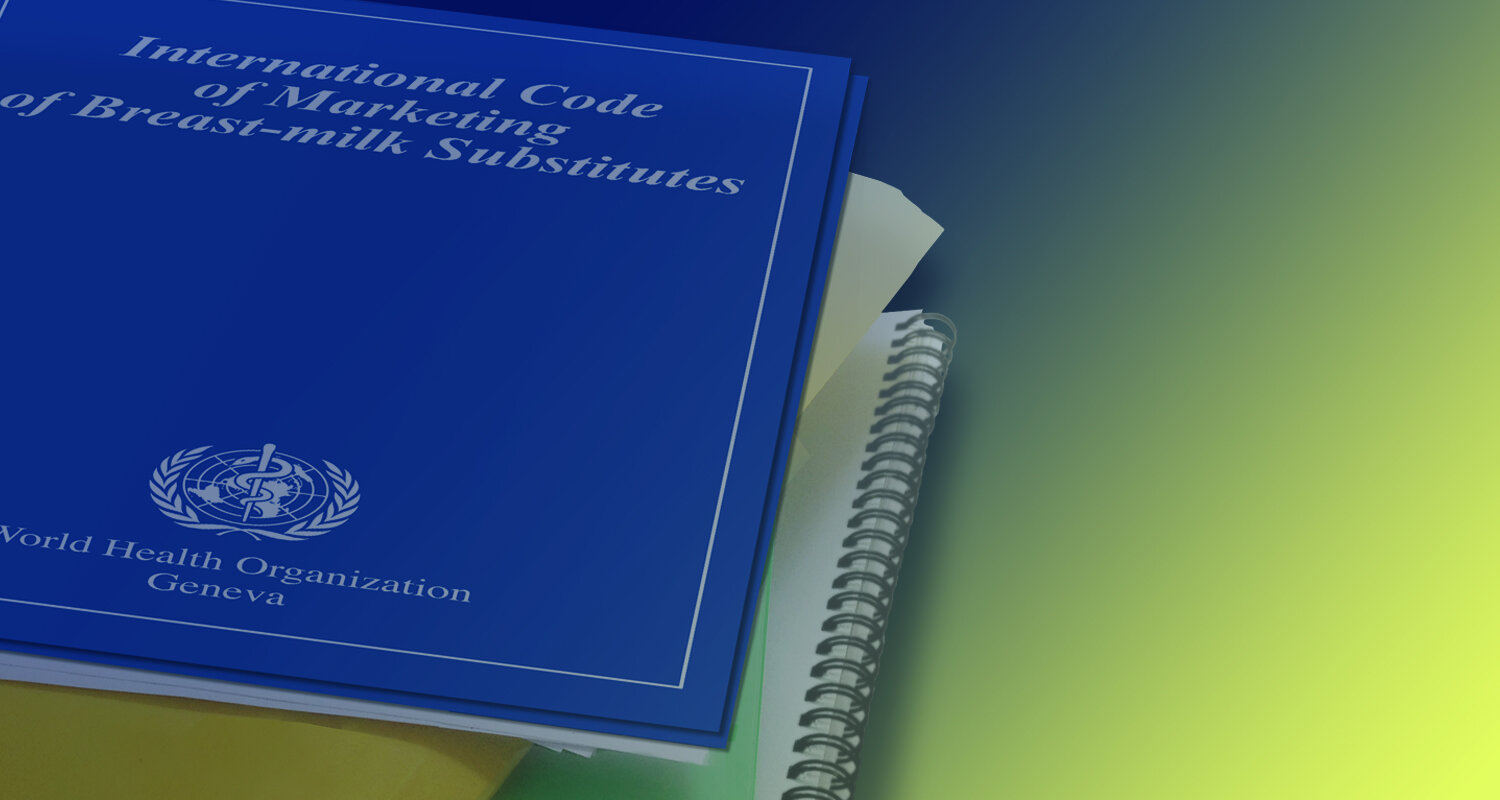What is the Code?
‘The Code’ is an internationally agreed voluntary code of practice, designed to protect breastfeeding by preventing unscrupulous and harmful marketing and claims about breastmilk substitutes, including infant formulas, ‘follow-on’ formulas and any other food or drink, together with feeding bottles and teats, intended for babies and young children.
‘The Code’ comprises the original WHO/UNICEF International Code of Marketing of Breastmilk Substitutes adopted in 1981 and all updates to this, in the form of resolutions made every two years at the World Health Assembly. The Resolutions strengthen and clarify the Code and can be found here. They have the same status as the Code and should be read with it. The Code is also known as ‘the International Code’ and ‘the WHO Code’. It can be found here.
WHO-Europe shared a “model law” in 2022 to guide the development of effective regulatory frameworks for ending inappropriate marketing of breast-milk substitutes and foods for infants and young children in the WHO European Region.
You can find more information on the Code in the WHO’s FAQ booklet and UNICEF’s 2023 document on “What I Should Know About ‘the Code’: A guide to implementation, compliance and identifying violations”.
The Global Breastfeeding Collective has various resources for advocacy available here including a Universal Monitoring and Reporting Form for Code violations.

